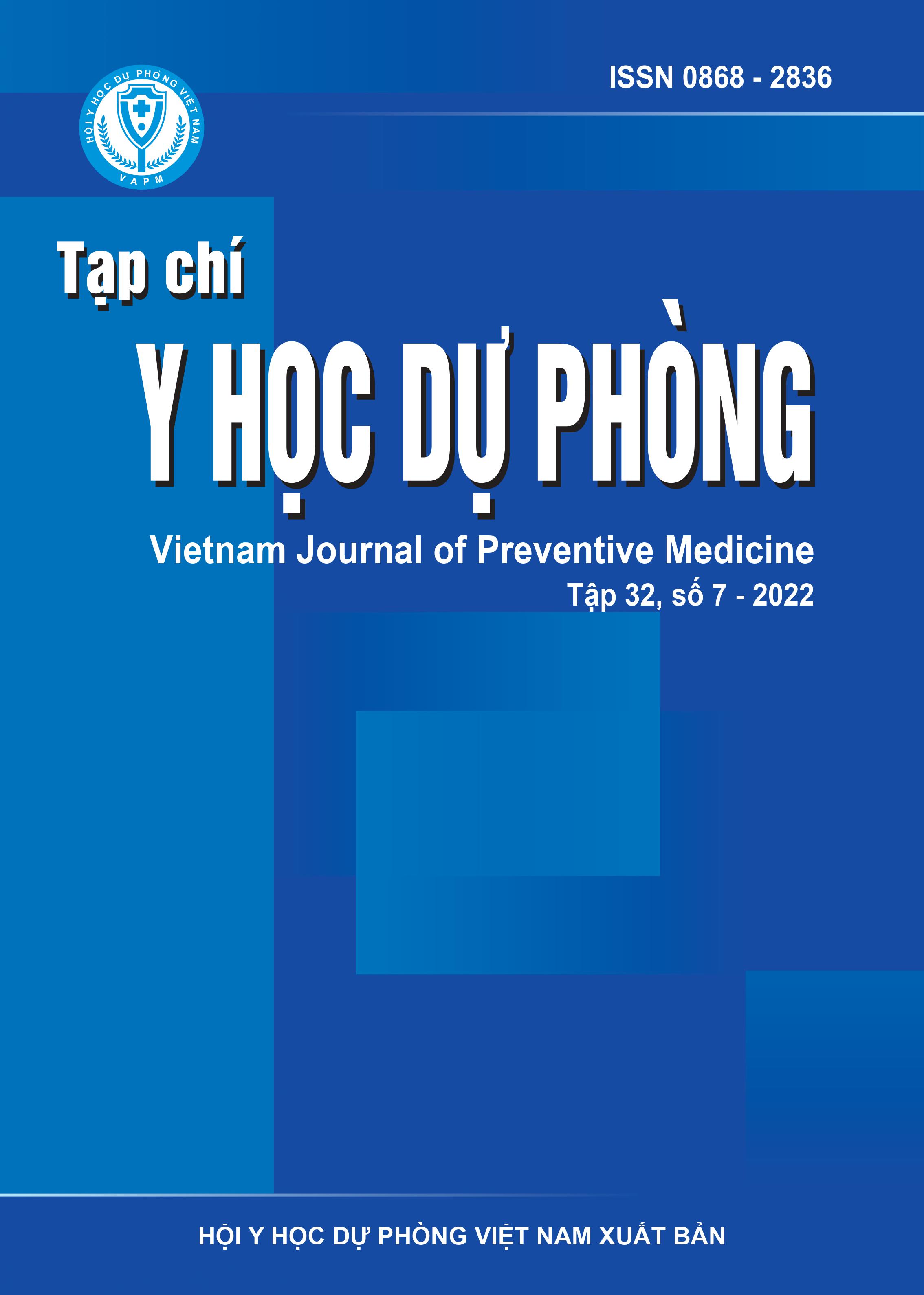Pre-feasibility study of the use of nanobody technology for neutralizing SARS-CoV-2 variants
DOI:
https://doi.org/10.51403/0868-2836/2022/853Keywords:
Nanobody, virus neutralization, SARS-CoV-2, COVID-19Abstract
Nanobodies with high neutralizing activity against SARS-CoV-2 represent a potential approach for the prevention and treatment of COVID-19. Recently, the Nanobody N21 has been shown to inhibit strongly the infection of the original strain of SARS-CoV-2 in the Syrian hamster model when administered via the inhalation route. The aim of this study was to evaluate neutralizing efficacy of N21 against the SARS-CoV-2 Delta variant and explore the feasibility of production costs and the complexity of the manufacturing process. Firstly, recombinant N21 was successfully expressed and purified from E. coli BL21(DE3) periplasm. This nanobody was found to bind potently to the receptor-binding domains (RBD) of both the original Wuhan and Delta strains with K D values of 8.8 × 10-12 M and 5.8 × 10-11 M, respectively. Plaque reduction neutralization test (PRNT) showed that the
PRNT 50 value of N21 for Wuhan strain was 0.12 nM and that for Delta strain was 0.17 nM. The production process of N21 was presented and analyzed, leading to an estimated cost of 52800 VND per inhalation. Altogether, these findings highlight the therapeutic potential of N21 for neutralizing SARS-CoV-2 variants.
Downloads
Downloads
Published
How to Cite
Issue
Section
License
Publication License No 150/GP-BTTTT signed on May 8, 2014;
Electronic Publication License No 322/GP-BTTTT signed on June 15, 2016.


